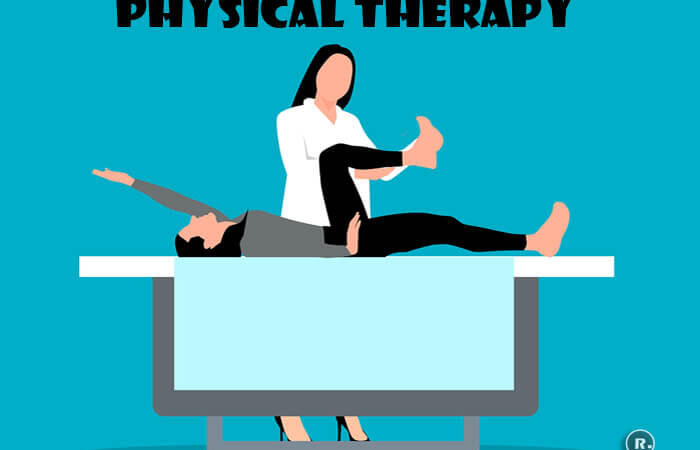Improve your sleep

Sleep gives your body a rest and allows it to prepare for the next day. While you sleep, your brain sorts and stores information replaces chemicals (Especially your body secretes a variety of hormones and other substances that help regulate your metabolism and other health-related factors). When you nod off, it seems like your body powers down for the night. But as you sleep, your body actually repairs and restores itself. The urge to sleep is all-consuming, and if we are deprived of it, we will eventually slip into slumber even if the situation is life-threatening.
How many hours you need to sleep depends on several factors including:
1. Your inherited need.
2. Your sleep hygiene (that is those daily activities you control, from drinking coffee, alcohol to smoking, and exercise).
- Newborns (0-3 months): Sleep range narrowed to 14-17 hours each day.
- Infants (4-11 months): Sleep range widened two hours to 12-15 hours.
- Toddlers (1-2 years): Sleep range widened by one hour to 11-14 hours.
- Preschoolers (3-5): Sleep range widened by one hour to 10-13 hours.
- School-age children (6-13): Sleep range widened by one hour to 9-11 hours.
- Teenagers (14-17): Sleep range widened by one hour to 8-10 hours.
- Younger adults (18-25): Sleep range is 7-9 hours.
- Adults (26-64): Sleep range did not change and remains 7-9 hours.
- Older adults (65+): Sleep range is 7-8 hours.
The quality of your sleep helps lift your mood. If the quality of your sleep is poor, you can end up with serious consequences. It can affect performance and alertness. (It is said that if sleep is reduced by one and a half hour for one night, your daytime alertness is reduced by about one-third).
Poor sleep can affect your mood, and your mood can affect the quality of your sleep. Poor sleep can cause obesity, and obesity can cause a sleep disorder.
Here are some tips which you could follow to help you sleep :
- Learn to Relax:
You must learn to relax either through exercising or meditation or reading a book or playing some musical instrument etc. Your regular exercise should be performed at least 2-3 hours before bedtime.
- Perform relaxation techniques such as Progressive muscle relaxation:
Learn relaxation techniques such as progressive muscle relaxation and practice in bed.
- Write a list of jobs to be performed the next day:
Don’t keep any activities in your head, rather clear your head by writing a list of jobs to be done the next day. Now you tell yourself that you don’t have to bother about these jobs now but you will think about it tomorrow.
- When you are drowsy only then you go to bed:
Don’t keep turning in the bed trying to sleep. You should leave the bed and go to some other room (when you are facing the problem of falling asleep) and do something else. When you find you are drowsy, only then go to your bed.
- Heavy meals should be taken two hours before you sleep:
Don’t have heavy meals within two hours before your sleep time.
- Your bedroom should have good ventilation:
Make sure your bedroom has good ventilation and tolerable temperature.
- Taking milk helps to sleep:
If you feel hungry late at night, take a cup of milk or light snack. Milk contains acid L-Tryptophan, which helps sleep.
- Caffeine, alcohol, or nicotine can be the cause of a headache:
Caffeine, alcohol, or nicotine should be taken at least 4-6 hours before bedtime. (Caffeine is a stimulant that is present in the coffee, cola, tea, chocolate, and various over-the-counter medications).
Try reducing the intake of caffeine you consume to avoid withdrawal symptoms like a headache.
- Alcohols may help you sleep but it can be the cause of nightmares and sweats:
Alcohol is a depressant and may help you fall asleep, but the subsequent metabolism that clears it from your body when you are sleeping causes awakenings and is often associated with nightmares and sweats.
What sleep does to your body
Brain Health
Surprisingly, most people need only three to four hours of sleep a night to maintain minimal cognitive brain function, the processes responsible for carrying out everyday things like driving a car or getting dressed.
Skeletal System Health
Eating calcium-rich foods is not all you need to do to strengthen your bones. Adequate amounts of sleep are necessary for healthy bone marrow, the spongy tissue inside the bones that contains stem cells, which eventually form blood cells in the body.
Face and Skin Health
If you’re sleep-deprived, that’s correlated with appearing unwell and tired, which can make you seem less attractive. This effect may have something to do with the correlation between sleep deprivation and elevated levels of the stress hormones adrenaline and cortisol.
Heart Health
Sleep deprivation can send the body’s sympathetic nervous system into overdrive, causing the release of greater amounts of the hormone adrenaline. People who are sleep-deprived are at greater risk for developing hyperlipidemia, or high cholesterol, which can lead to a heart attack or stroke.
Immune System Health
If you don’t get adequate sleep, you could find yourself sick a lot more often. Research has found that people are more likely to catch a common cold when they are behind on their rest.
Healthy Weight
People often consume too many calories when they are sleep-deprived, which can lead to weight gain.
Liver Health
Like the rest of your body, your liver — your largest internal organ — is attuned to a certain rhythm that varies with the time of day. Being behind on sleep can throw off this rhythm, making it less able to efficiently carry out functions like detoxifying, breaking down adrenaline, and managing blood sugar levels.
Sexual Health and Fertility
If you’re chronically shorting yourself on sleep, you could find that your sex life suffers.
Why should you sleep on your left side?
Your lymphatic system is located directly above your heart, and by doing this it naturally drains the lymphatic system to help remove toxins and other waste through the thoracic duct and your lymph nodes.
While sleeping on the right side can disrupt your digestion thus causing your lymphatic system to work slowly. This prohibits the lymphatic system from removing toxins properly, causing further implications.
One of the primary organs of the lymphatic system is the spleen. It functions as a filter for blood while also aiding in the digestive process to properly work.
These are the reasons why you should sleep more often on your left side because of the health benefits.
Suggested Read: Benefits Of Drinking Warm Water Before Sleeping






